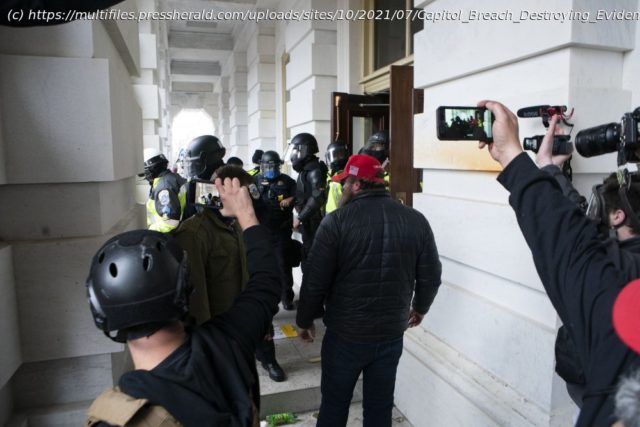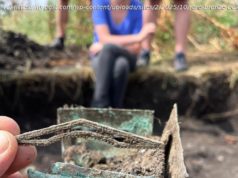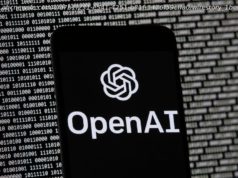At least 49 defendants are accused of trying to delete photos, videos and texts.
PHOENIX — They flaunted their participation in the Jan.6 riot at the U.S. Capitol on social media and then, apparently realizing they were in legal trouble, rushed to delete evidence of it, authorities say. Now their attempts to cover up their role in the deadly siege are likely to come back to haunt them in court. An Associated Press review of court records has found that at least 49 defendants are accused of trying to erase incriminating photos, videos and texts from phones or social media accounts documenting their conduct as a pro-Donald Trump mob stormed Congress and briefly interrupted the certification of Democrat Joe Biden’s election victory. Experts say the efforts to scrub the social media accounts reveal a desperate willingness to manipulate evidence once these people realized they were in hot water. And, they say, it can serve as powerful proof of people’s consciousness of guilt and can make it harder to negotiate plea deals and seek leniency at sentencing. “It makes them look tricky, makes them look sneaky,” said Gabriel J. Chin, who teaches criminal law at the University of California, Davis. One such defendant is James Breheny, a member of the Oath Keepers extremist group, who bragged in texts to others about being inside the Capitol during the insurrection, authorities say. An associate instructed Breheny, in an encrypted message two days after the riot, to “delete all pictures, messages and get a new phone,” according to court documents. That same day, the FBI said, Breheny shut down his Facebook account, where he had photos that he taken during the riot and complained the government had grown tyrannical. “The People’s Duty is to replace that Government with one they agree with,” Breheny wrote on Facebook on Jan.6 in an exchange about the riot. “I’m all ears. What’s our options???” Breheney’s lawyer, Harley Breite, said his client never obstructed the riot investigation or destroyed evidence, and that Breheny didn’t know when he shut down account that his content would be considered evidence. Breite rejected the notion that Breheny might have been able to recognize, in the days immediately after Jan.6 when the riot dominated news coverage, that the attack was a serious situation that could put Breheny’s liberty at risk. “You can’t delete evidence if you don’t know you are being charged with anything,” Breite said. Other defendants who have not been accused of destroying evidence still engaged in exchanges with others about deleting content, according to court documents.
Домой
United States
USA — Art Capitol rioters accused of erasing incriminating content from social media, phones






